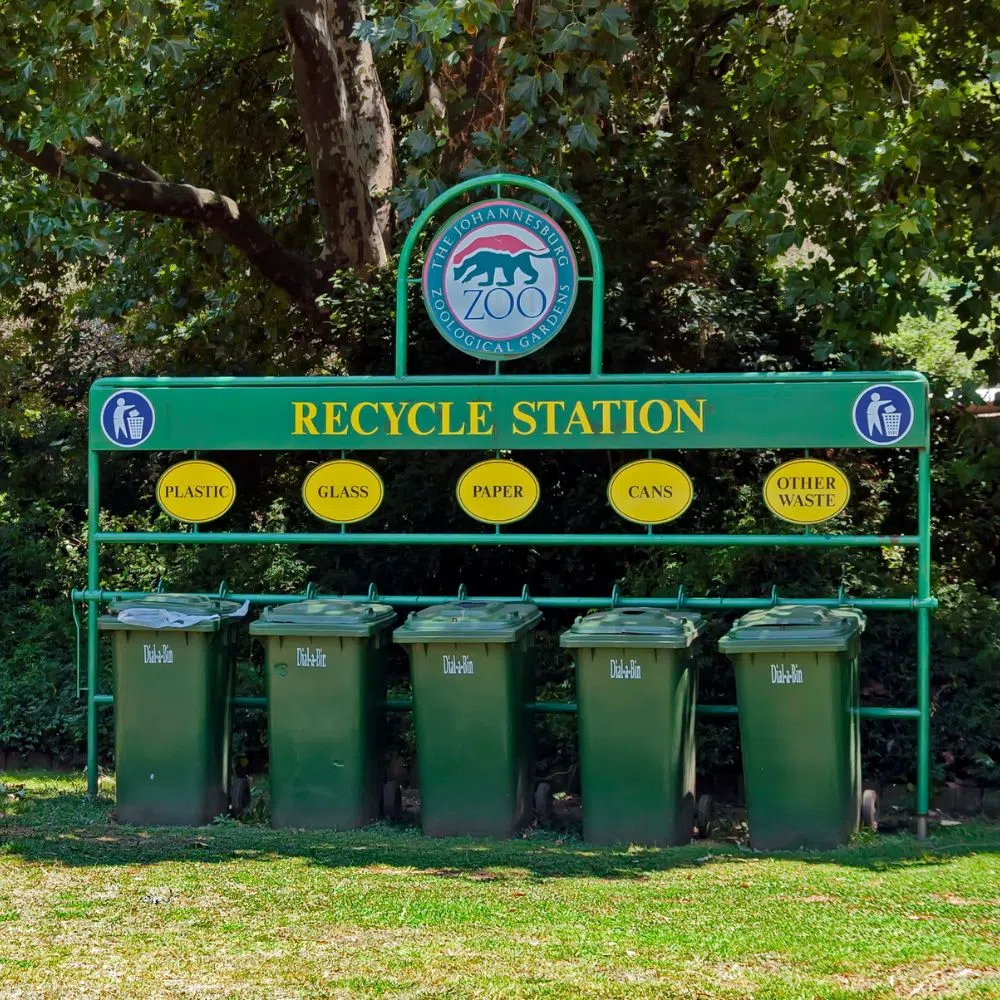Zoos and aquariums protect wildlife while also educating the public about animals. However, these facilities also generate a significant amount of waste. Practicing proper waste management in zoos and aquariums is essential in keeping animals healthy, staff members safe, and the environment clean. If you’re an industry worker, check out some useful tips for improving waste management in zoos and aquariums.
Waste Audit
Before generating a waste management strategy, assess the existing system. Conducting a waste audit can determine areas where there’s the most waste generation. It can also offer ideas on how to reduce it. The waste audit should include the type of waste (plastic, food, paper, etc.) and an estimation of the amount of waste per day/week/month. Also, track your waste reduction progress after introducing new waste management strategies.
Composting
A large amount of waste in zoos and aquariums is organic waste, and you can turn it into compost for soil enrichment. Composting decreases the amount of waste going to landfills and contributes to the sustainability of the facility.
The best part is that facilities can use dumpsters for waste management in zoos and aquariums to help with composting. They’re large enough to hold several pounds of waste! However, you must separate organic from non-organic waste to make composting efficient. Non-organic things include plastic or metal, which can contaminate the compost and make it unusable.
Recycling
Most facilities know the benefits of recycling and have recycling programs in place. However, there’s always room to improve this sustainable practice. In addition to recycling paper, cardboard, and plastic, some facilities also encourage guests (and workers) to recycle soft plastics like bags, bubble wrap, and food packaging. Keep in mind that these types of plastics can’t go through the usual curbside recycling process, but special programs can transform them into reusable materials.
Hazardous Waste Disposal
Zoos and aquariums also generate hazardous waste, which needs proper disposal to prevent harm to animals and people. This waste includes pesticides, cleaning solutions, and medical waste. You must handle these materials according to local and federal regulations. Your facility’s safety officer can provide guidelines on how to handle and dispose of waste safely.
Educate Staff and Visitors
Communicating with staff and visitors can improve waste management in zoos and aquariums. After all, programs are only effective when everyone plays their role. Staff should understand the proper waste management protocols, like what to do with hazardous waste spills or other related situations. Then, workers can educate visitors on how to dispose of their waste properly and general information about sustainability.




